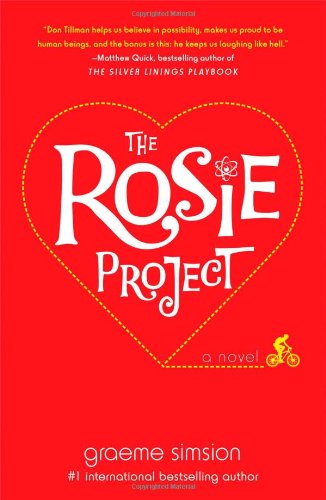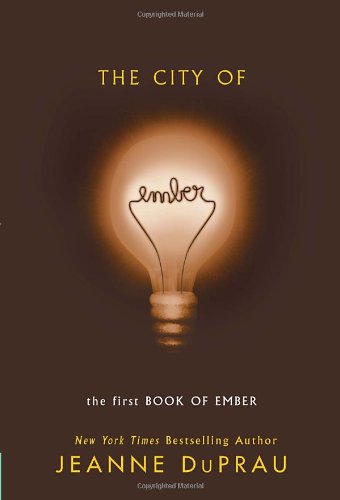Summer Reading: Romance with a Side of Smiles and an Underground City
Summer reading wouldn’t be complete without some light and fun reading, don’t you agree? I picked up The Rosie Project (Simon & Schuster, 2013) after hearing about it on the “A Good Story Is Hard to Find” podcast. The discussion about it intrigued me, so I downloaded it to my Kindle and saved it for a weekend.

It’s a good thing I did, too, because, though it’s not a really “edge of your seat” kind of read, The Rosie Project is a compelling story. I didn’t want to stop reading.
As the reader gets to know Don, we get an inside glimpse at some of those people who may have been mysteriously distant to us before. Don has Aspergers Syndrome, and the author neither belittles this nor makes it too much. Instead, it’s a backdrop of Don’s approach to life. And maybe, if you’re anything like me, it’s a glimpse at the black-and-white person you’d like to be.
Getting a glimpse at Don’s thought processes and seeing them in action starts out as possibly pathetic (I might have muttered, “Are you for real?”) and then becomes empathy-inducing (I found myself cheering for him). How many times have I assumed that I knew better than the other person, only to find out, cough-choke-gag, that maybe I didn’t? Or how often have I thought that someone should have known better, only to find out later that…they just didn’t (or maybe couldn’t)?
As I read, my opinion and image of Rosie, the other main character, morphed. At first, I had an image of her that was quite different from the final character I got to know by the end of the book.
Simsion really does a great job of debunking the myth that people can't change, but also upholding the truth that people can really only change if they're the ones behind it.
The required reading lists have become a puzzle for me, and I’ve found myself reading a number of books because one of the kids in my life has had it one of those lists. My niece read City of Ember (Yearling, 2004) about three years ago, and last year one of my best friend’s daughters read it. This summer, my daughter checked it out from the library, which was the impetus I needed to finally read it.

I walked away, feeling like it was predictable and a bit lacking in character development. What was most disappointing for me was that I ended up not particularly liking or disliking the characters: they just were.
I’m getting used to the feeling, as I dive into more of the popular middle grade and young adult book series, of not really caring whether I read the rest of the books. “Oh, Aunt Sarah, it gets so much better,” one of my nieces told me lately when I was telling her how underwhelmed I was with one of her recent recommendations. (It was addictive, don’t get me wrong, it just wasn’t good.) To me, that’s a non-argument. I feel like some of this addictive-you-can’t-put-it-down writing is a cheap way of selling future books. It’s not good writing, for one thing.
But that is not my beef with Ember. In fact, I thought it was pretty well-written, and on a five-star scale, I gave it four. All the same, I don’t really care to read the other books in the series.
There are some themes within this book that bear discussion. I don’t necessarily think this book is the best vehicle for that discussion, but there’s something to be said for using a modern book, right? Though I’m not completely convinced, I’m curious what my nine-year-old will think of this if she ever gets around to picking it up.












